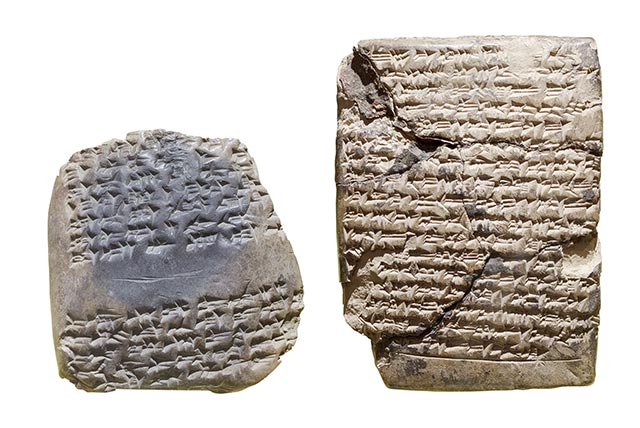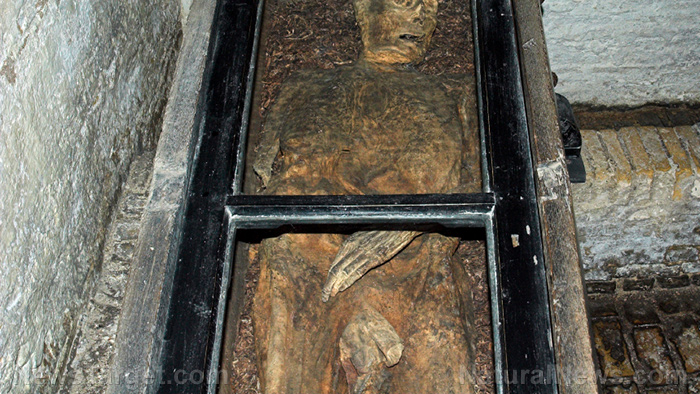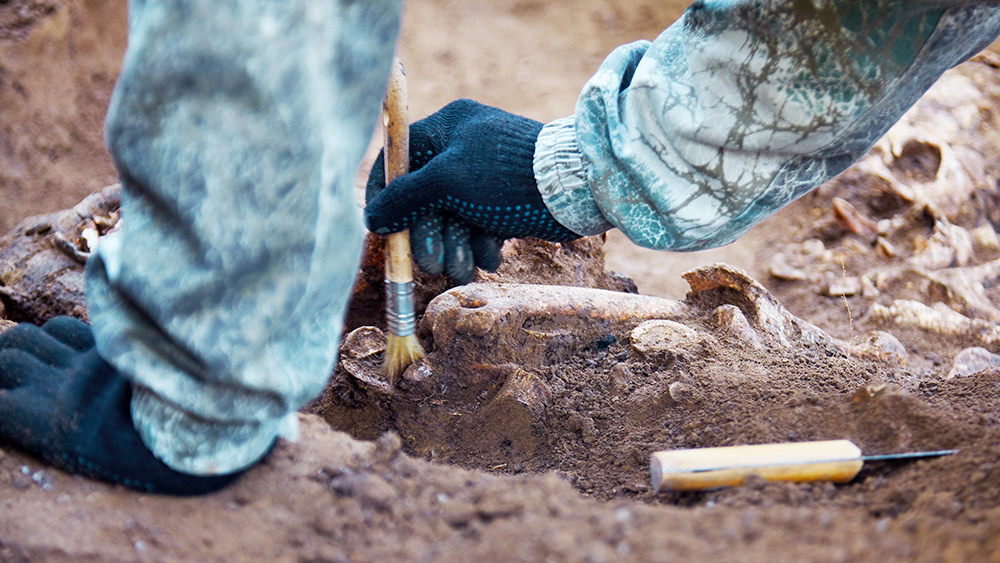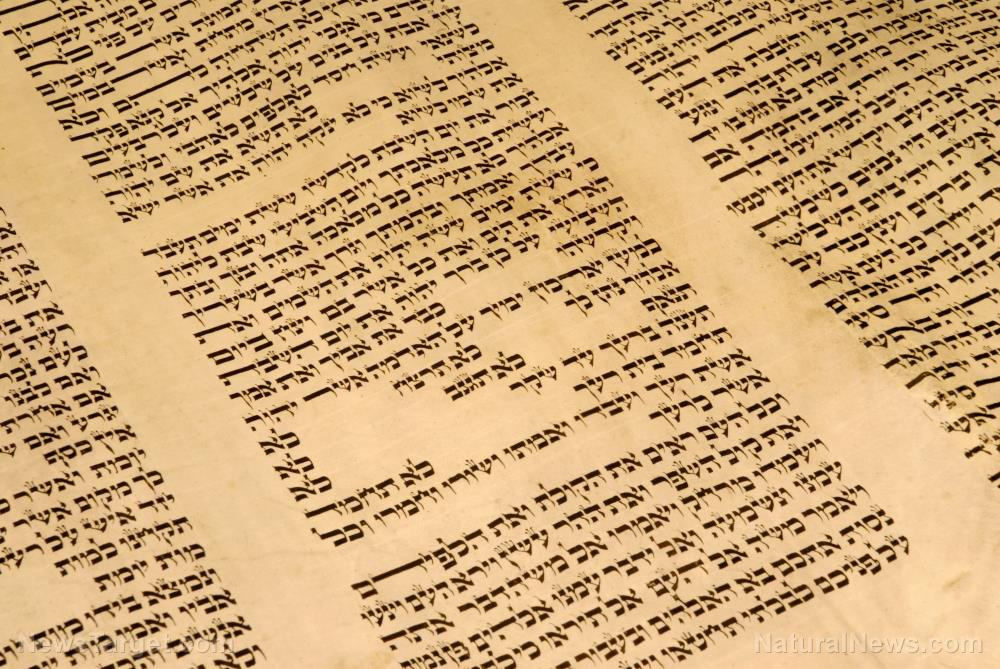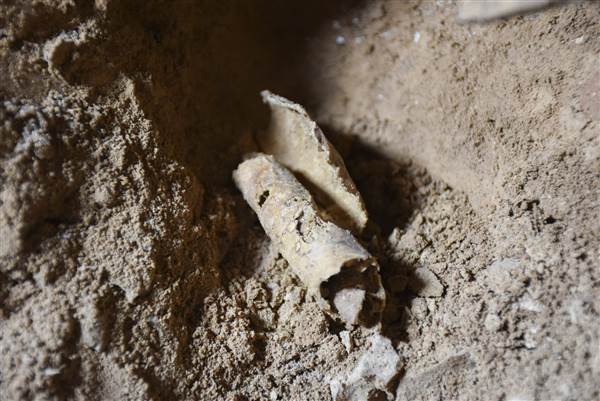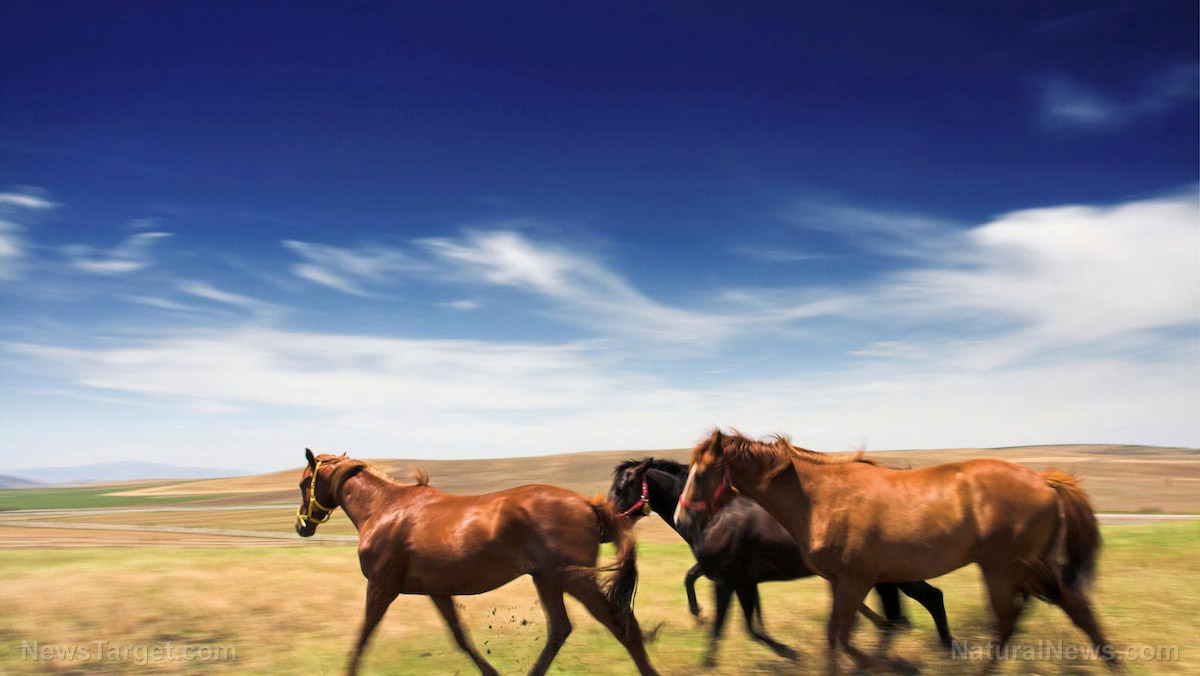
Two distant relatives of the mighty Tyrannosaurus rex have been identified in Thailand, according to a new report.
In an article published in Acta Palaeontologica Polonica, paleontologists Adun Samathi and Martin Sander of the University of Bonn in Germany identified previously unrecognized fossils as those of megaraptors – cousins to the famed Jurassic Park predator.
“We were able to assign [one set of] bones to a novel megaraptor,” Adun Samathi said in an interview posted on The Daily Mail. According to Samathi, the dinosaur’s name – Phuwiangvenator yaemniyomi – was derived from both the district where the remains were unearthed, Phu Wiang, and the late geologist Sudham Yaemniyom, who discovered the first dinosaur fossil in Thailand.
While the fossils belonging to P. yaemniyomi were dug up by Phu Wiang Fossil Research Center and Dinosaur Museum staff member Preecha Sainongkham and then presented to Sirindhorn Museum in 1993, they were never examined in detail until recently.
“Five years ago I came across these finds during my research,” Samathi said, adding that this led to his discovery of another set of previously unidentified fossils, which were then later dubbed Vayuraptor nongbualamphuenisi.
According to Samathi, a certain Paladej Srisuk excavated the V. nongbualamphuensis remains in 1988. Both the new dinosaurs were theropods and, just like the T-rex, stood and ran on hind legs.
However, unlike the T-rex, both P. yaemniyomi and V. nongbualamphuensis would have had strong arms that ended with long, sharp claws, as well as more delicate heads that would have ended in long snouts ?– the opposite of T-rex’s tiny arms and massive head.
The two new dinosaurs were categorized into the Coelurosauria, a taxonomic clade that includes the T-rex and its relatives, as well as raptors and modern birds. (Related: Not all dinosaurs went extinct - In fact, there are nearly twice as many species of dinosaurs as mammals to this day.)
The discovery of the two new dinosaurs might change how megaraptors are seen in the scientific community, given that the genus has so far been discovered mainly in sites located in South America and Australia.
“We have compared the Thai fossils with the finds there,” Samathi said, noting various characteristics in Phuwiangvenator, which indicate that it is an early representative of the said group.
Samathi said this could be an indication that the megaraptors originated in Southeast Asia and then spread to other regions.
In their report, the researchers noted that while the two new dinosaurs were much smaller than the T-rex in terms of size, they would have been just as efficient at hunting prey as their larger cousin, adding that P. yaemniyomi was likely to have been a fast runner.
Samathi compared the two new theropods to African big cats: “If Phuwiangvenator were a lion, Vayuraptor would be a cheetah.”
Thailand: Southeast Asia’s Jurassic Park
The two new Thai megaraptors are among the latest to be unearthed in the Southeast Asian nation, which has since made a name for itself in the paleontological community for its abundance of dinosaur fossils, including several species theorized to be endemic to the region.
Among the other dinosaurs found in Thailand are Phuwiangosaurus sirindhornae and Isanosaurus attavipachi, both long-necked sauropods; Siamotyrannus isanesis, another cousin to the T- rex; Siamosaurus suteethorni, a fish-eating spinosaurid; the agile predator Vayuraptor nongbualamphuensis; the ostrich-like Kinnareemimus; and the shark-toothed predator Siamraptor suwati.
According to experts, Thailand owes its relative diversity of dinosaur fossils to its history: Most of its northeastern region was part of an ancient river basin during the early Cretaceous period, around 125 to 113 million years ago.
Authorities are keen on highlighting the new discoveries as well. According to a report by the Chiang Rai Times, Phu Wiang National Park in Khon Kaen – a noted fossil site and one of the country's main centers for education about dinosaurs – is set to be nominated as a UNESCO Global Geopark by the Thai Department of Mineral Resources and authorities from Khon Kaen province.
In a statement published on the Bangkok Post, Kemchart Somjaiwong, Honorary Chairman of the Khon Kaen Chamber of Commerce, noted that Phu Wiang National Park's possible recognition as a UNESCO Global Geopark would heighten the park's profile on a global scale, and allow more people to conduct further research on dinosaurs and other prehistoric life in the area.
If the park gets recognized by UNESCO, it will become Thailand's second Global Geopark, next to Satun UNESCO Global Geopark, another site known for its fossils.
Sources include:
Please contact us for more information.















